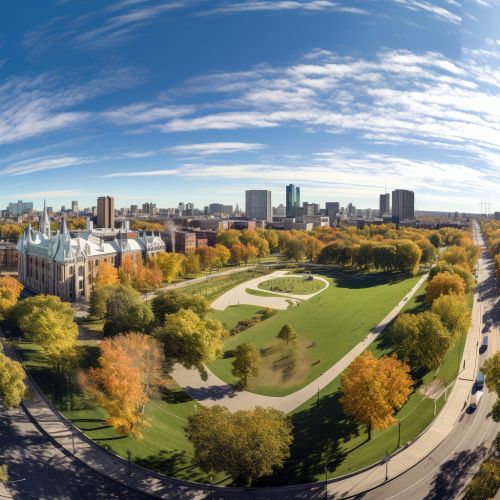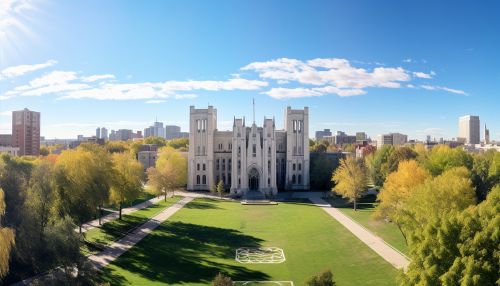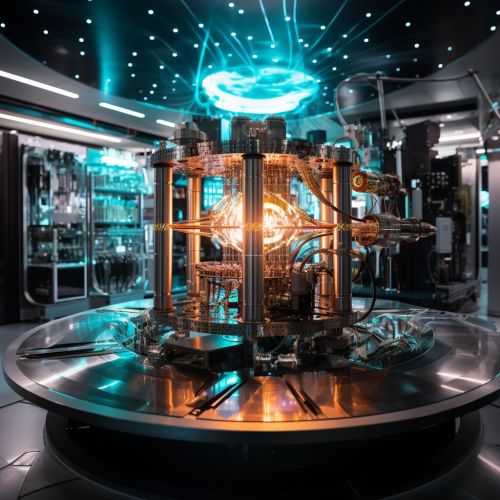Gilles Brassard
Early Life and Education
Gilles Brassard was born on April 4, 1955, in Montreal, Quebec, Canada. He developed an interest in mathematics and computer science at a young age. Brassard attended the Université de Montréal, where he received his Bachelor's degree in Computer Science in 1975. He then pursued further studies at Cornell University, where he earned his Ph.D. in Computer Science in 1979.


Career
After completing his Ph.D., Brassard returned to the Université de Montréal as a professor in the Department of Computer Science and Operations Research. He has been a part of the university faculty since 1979, teaching and researching in the field of computer science. His primary areas of interest include quantum computing, cryptography, and algorithm design.
Contributions to Quantum Computing
Brassard is best known for his significant contributions to the field of quantum computing. He co-invented the BB84 protocol, the first quantum cryptography protocol, alongside Charles H. Bennett in 1984. This protocol allows two parties to produce a shared random secret key known only to them, which can be used to encrypt and decrypt messages.


Contributions to Cryptography
In addition to his work in quantum computing, Brassard has made significant contributions to the field of cryptography. He co-developed the Brassard-Lüders (BL) attack, a method for attacking cryptographic systems. He also contributed to the development of the quantum key distribution (QKD) protocol, which uses quantum mechanics to secure communication between two parties.
Awards and Honors
Brassard's contributions to the fields of quantum computing and cryptography have been recognized with numerous awards and honors. He was awarded the Gerhard Herzberg Canada Gold Medal in 2009, one of the highest honors in Canadian science and engineering. In 2018, he was awarded the Wolf Prize in Physics, shared with Charles H. Bennett, for their work in quantum cryptography and quantum teleportation.


